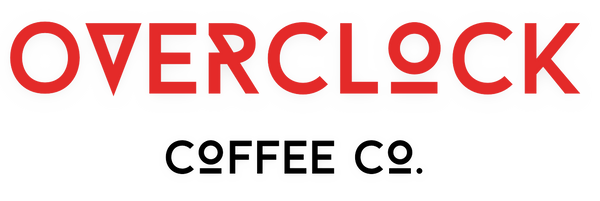
Why Is Fasting Required Before Blood Work?
Fasting Blood Work: What You Need to Know Before Your Test
If you’ve ever had a doctor schedule a blood test and mention you need to fast beforehand, you may have wondered: Why is fasting important? What happens if I eat or drink something? And how long do I really need to fast?
This guide answers those questions and more so you can walk into your next lab appointment prepared and confident.
Why Is Fasting Required Before Blood Work?
Fasting ensures that the nutrients and compounds from recent food or drink consumption don’t skew your test results. Certain blood tests, especially those measuring glucose, cholesterol, or triglycerides, are highly sensitive to food intake (National Institutes of Health [NIH], 2022).
For example:
- Eating raises blood sugar and insulin levels, impacting glucose readings
- Fats from meals can raise triglyceride levels for hours
- Caffeine may affect blood pressure or cortisol levels
By fasting, your body returns to a baseline state, giving your healthcare provider accurate data.
How Long Should You Fast?
The typical fasting period is 8 to 12 hours prior to your appointment. Your doctor or lab technician will let you know the exact time needed.
During the fasting window:
- Do not eat food
- Avoid drinks with calories (juice, soda, milk, alcohol)
- Stick to water only
- Drinking plenty of water is encouraged, as it helps keep veins hydrated and can make blood draws easier.
What Tests Require Fasting?
Not all tests require fasting. Here are some that usually do:
| Test | Fasting Required? | Reason |
|---|---|---|
| Fasting Blood Glucose | Yes | Food affects blood sugar readings |
| Lipid Panel (Cholesterol) | Yes | Fatty meals alter triglyceride levels |
| Basic Metabolic Panel | Sometimes | Depends on physician’s guidance |
| Iron Levels | Yes | Food can affect iron absorption |
Always follow your healthcare provider’s instructions.
Can I Drink Coffee Before a Fasting Blood Test?
Can I Drink Coffee Before Fasting Blood Work?
If you are used to starting your day with a flavorful brew like Zombie Espresso Antidote or French Toast Capacitor, skipping it may feel like a personal sacrifice. But for accurate lab results, black coffee, free of creamers or sweeteners, is the safest option (Pinto et al., 2020).
That doesn’t mean you can’t plan ahead. For example, try setting up your morning ritual post-appointment with a bold cup of Caramel Uprising or our fan-favorite Cookies and S’Creams. Trust us, it makes surviving a fast that much more rewarding.
What Happens If You Break Your Fast?
If you accidentally eat or drink something other than water:
- Inform the lab technician when you arrive
- They may reschedule your test
- In some cases, it may not matter (depending on the test)
It’s better to be honest than risk inaccurate results that could affect your diagnosis or treatment.
Pro Tips to Prepare
-
Schedule your appointment early in the morning to shorten your fasting time while you sleep
-
Avoid heavy exercise before testing, it may impact some markers
-
Take medications only if your doctor instructs you to
-
Stay hydrated with water
Summary
Fasting before blood work ensures your test results are as accurate and useful as possible. Whether it’s a glucose test or cholesterol panel, following fasting instructions helps your doctor see your true baseline levels.
And when you're done, reward yourself with a good breakfast, and maybe a fresh cup of Overclock Coffee Co.
References
Cleveland Clinic. (2023). Fasting before a blood test. Retrieved from https://my.clevelandclinic.org/health/diagnostics/16764-blood-test
National Institutes of Health (NIH). (2022). Understanding lab test results. Retrieved from https://medlineplus.gov/lab-tests/
American Society for Clinical Pathology. (2021). Patient fasting and blood test accuracy. Retrieved from https://www.ascp.org/content/patient-care/patient-resources/lab-tests-and-fasting
